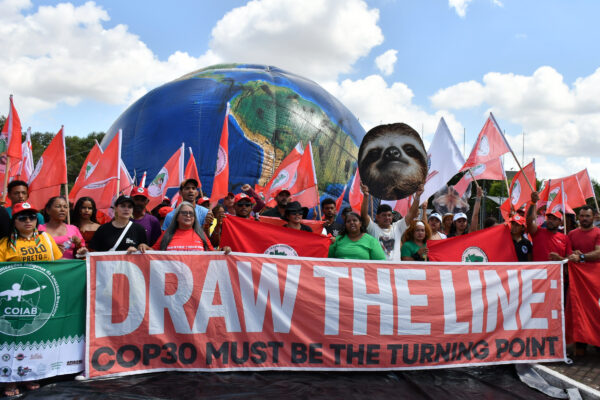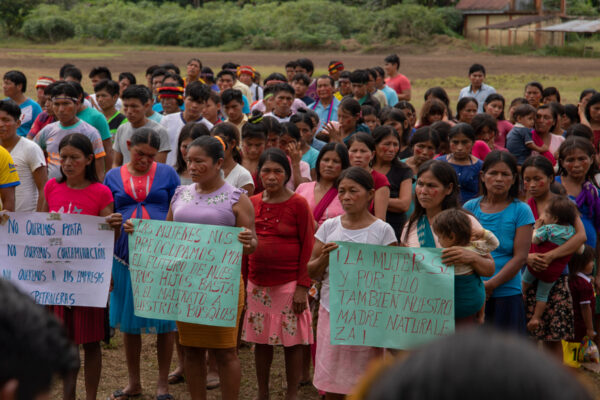Though it is facing stiff challenges on several fronts, Ecuador is pressing ahead with the timely completion of its 450,000-barrel-per-day OCP heavy crude pipeline, which greatly enhances the Andean nation’s oil export capacity.
The $1.1 billion pipeline, undertaken by a consortium made up of Canada’s Alberta Energy, Spain’s Repsol-YPF, Argentina’s Perez Companc (Pecom Energia), Italy’s ENI, and US-based Occidental and Kerr-McGee, is expected to be in service by 2003, a target Ecuadorian President Gustavo Noboa has vowed to honor.
Once completed, domestic crude production would be boosted by an initial 230,000 b/d and would gradually increase by a level equal to the pipeline’s capacity within three years.
Since private producers would use the OCP to transport their output, Petroecuador would have some more room on the Trans-Ecuadorian (Sote) pipeline, boosting the state concern’s production to nearly 300,000 b/d.
The state oil concern would also be to able to improve the deteriorating quality API gravity of the Oriente mix – currently at 23º-24º API – to compete head-on with Alaskan North Slope crude. The OCP would produce a heavier 19º mix.
But Ecuador must first overcome a number of hurdles. OCP construction has been greatly hindered by environmental activists who believe the work is endangering the Mindo Nambillo ecological reserve in the area. Construction crews have had to stop their work several times in recent months due to activist blockades. Scuffles between the protestors and the military have already claimed three lives.
Widespread opposition to the project still exists and has brought pressure upon the nation’s Environmental Ministry to revoke the OCP’s environmental license for the Mindo region. The license has been suspended until damage caused by the construction of the pipeline has been repaired. Environmental protestors have also targeted their wrath at Germany’s WestLB and the New York-based Citibank, which provided involved some of the financing for the OCP.
The Ecuadorian government is also involved in a separate dispute with members of the consortium. Last week, Ecuador’s comptroller general determined that Repsol owed the Andean nation $60.6 million for crude transported through the Sote pipeline between 1997 and 2000. Comptroller Alfredo Corral said that for this period the Spanish energy giant paid only $1.02/barrel for crude transportation, when it should have paid $1.50/bbl in 1997 and $1.80/bbl from 1998 onward, according to the transport contract signed with Petroecuador. Repsol said it would appeal the decision.
The OCP pipeline could not come at a better time for Ecuador’s oil industry. As much as 100,000 b/d of crude produced by private concerns has been shut in due to transportation space limitations. Nominal crude output in the first three months of 2002 has declined by 10% from last year to about 410,000 b/d, a trend that Ecuador hopes to reverse by next year.
Juan Pablo Toro













